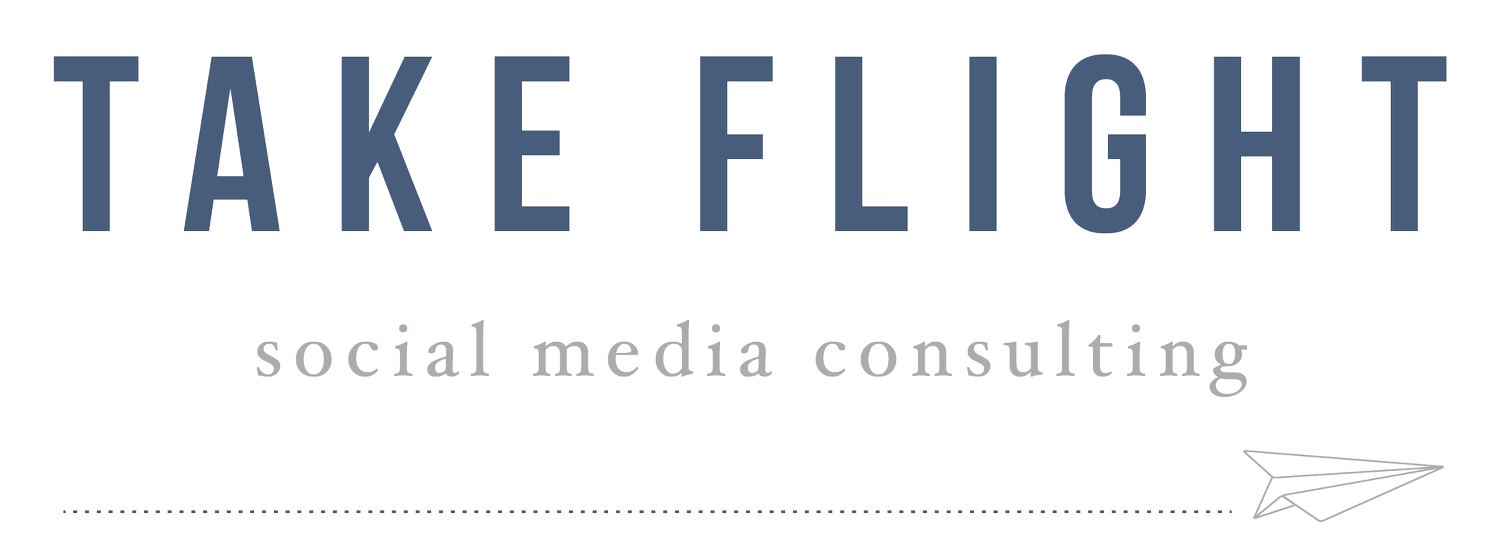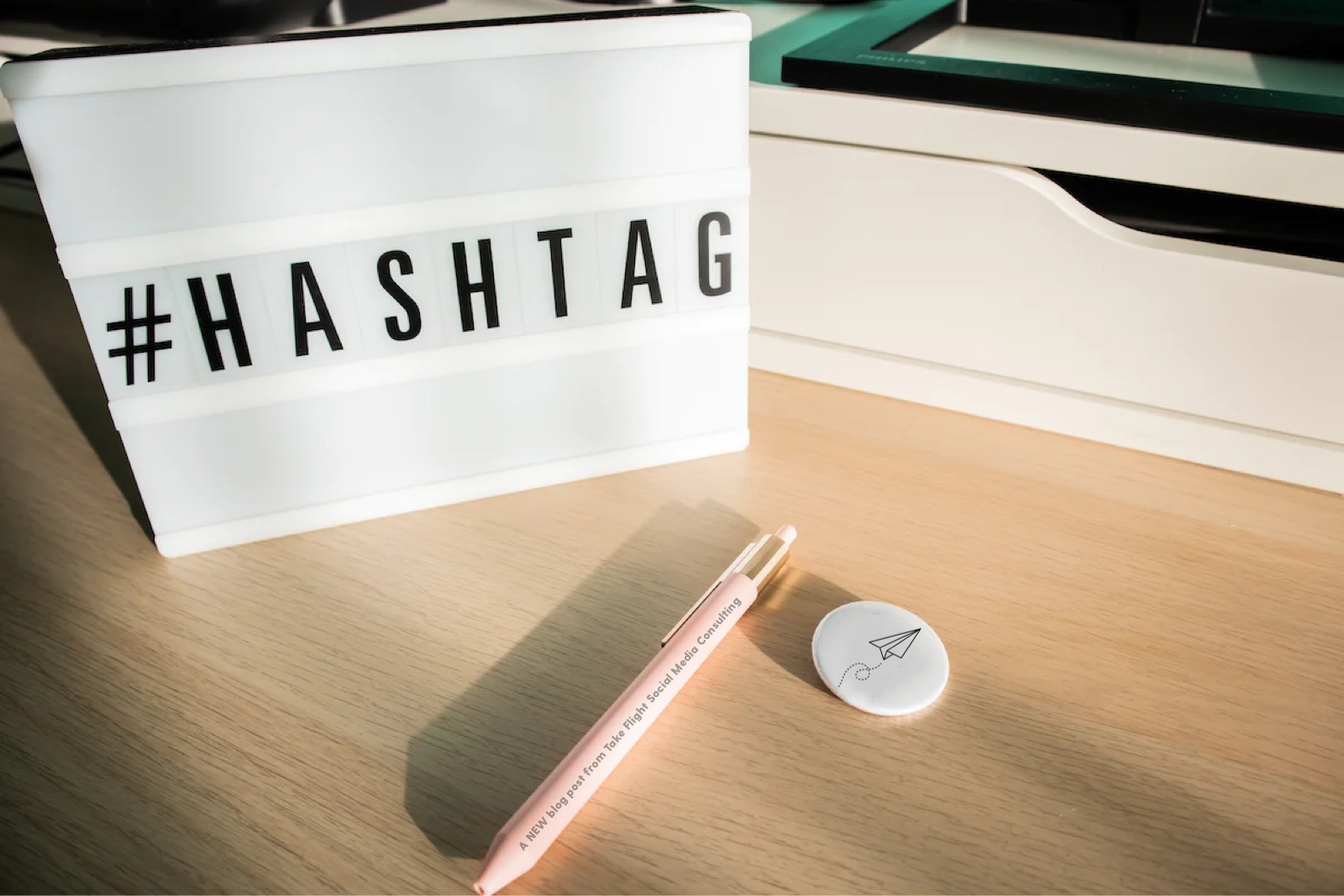Clients ask us all the time about the difference between hashtags and keywords and how small businesses are utilizing them to their full advantage. Understanding the distinction between these two can significantly impact your online presence and marketing strategy.
Here's a simple explanation:
Hashtags
What They Are: A hashtag is a word or phrase preceded by the "#" symbol.
Purpose: They are used on social media platforms to categorize content and make it easily searchable. By clicking on a hashtag, you can see all posts that include that hashtag.
Placement: Hashtags are added directly to social media posts, comments, or captions. They are clickable and lead users to a feed of other posts using the same hashtag.
Example: If you post a picture of your cat with the hashtag #CuteCats, people searching for #CuteCats will find your post.
Usage: Common on platforms like Instagram, X (formerly known as Twitter), and Facebook.
Keywords
What They Are: Keywords are specific words or phrases that describe the main topics or themes of content.
Purpose: They are used in various forms of content (like websites, blogs, and ads) to help search engines understand what the content is about and to improve search engine rankings.
Placement: Keywords are seamlessly woven into website content, meta descriptions, titles, and headers. They must be relevant to the content, ensuring a natural and coherent flow.
Example: If you have a website about healthy recipes, your keywords might include "healthy eating," "low-carb recipes," and "vegetarian meals."
Usage: Important for SEO (Search Engine Optimization) to make your content discoverable on search engines like Google.
Key Differences
Symbol: Hashtags use the "#" symbol, while keywords do not.
Function: Hashtags categorize and connect social media posts, while keywords help search engines understand and rank web content.
Platform: Hashtags are primarily used on social media; keywords are used in website content and digital marketing.
Think of hashtags as a way to join a conversation on social media, and keywords as a way to help people find your content on the internet. If you need more help navigating hashtags and keywords for your business, reach out to the Take Flight team today!


